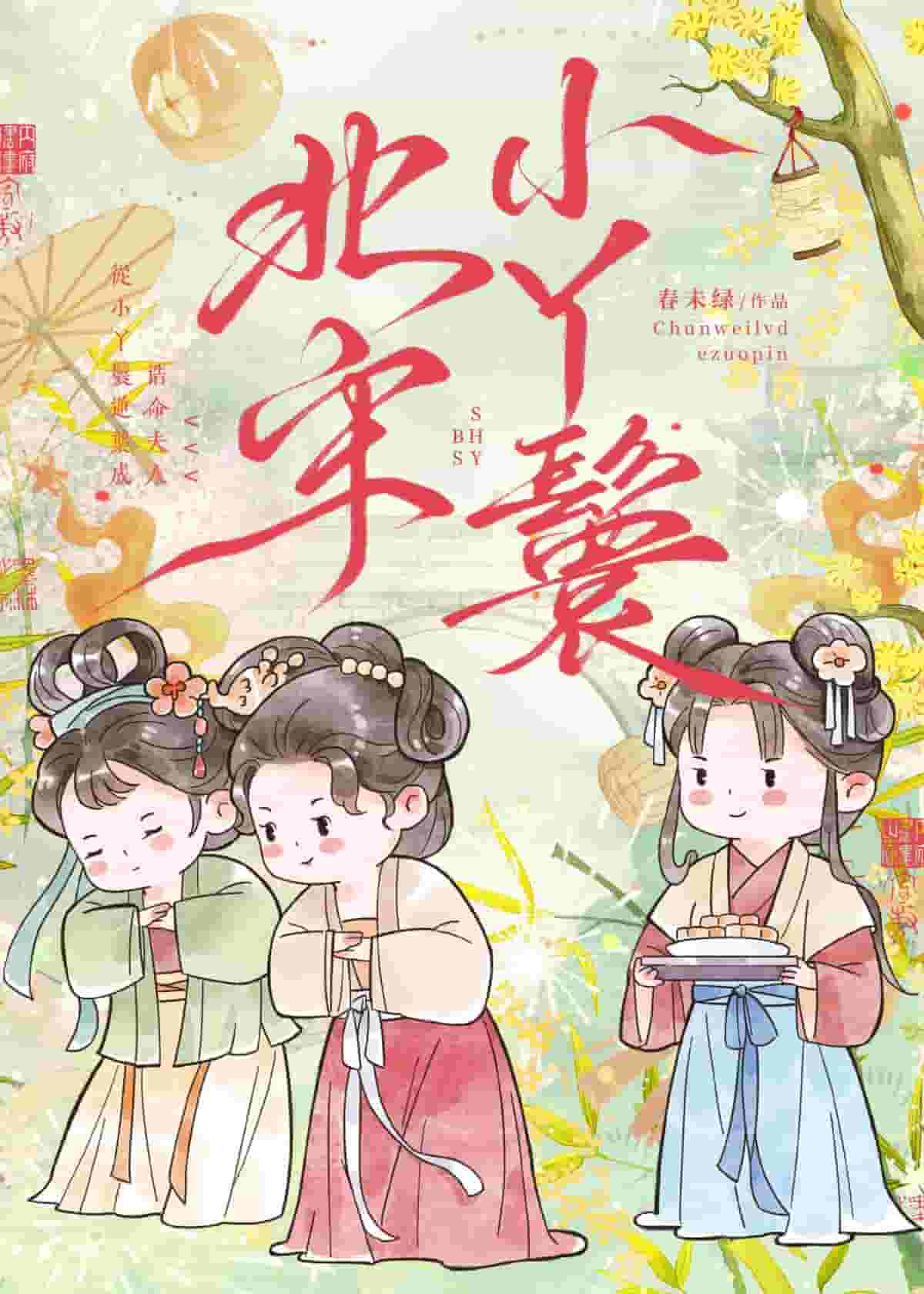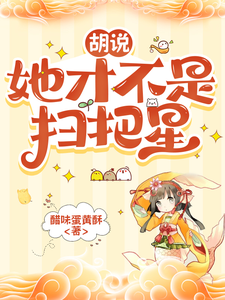
Little Maid in the Northern Song Dynasty
Completed
As the saying goes, where there are many people, there is much drama. The household of Zhou, the Chief Secretary of the Privy Council in Bianjing, was no exception. Setting aside the conflicts among his wives and concubines, he had four daughters—both legitimate and illegitimate—who were particularly fond of rivalry and competition.
The eldest was a scheming beauty, the second a petite but fiery-tempered young lady, the third fiercely ambitious, and the fourth—well, she seemed like a time-traveling "wolf in sheep's clothing," possibly even a fellow modern-day soul.
Jin Niang, a lowly seamstress maid, had always thought she could quietly mind her needlework in the sewing room, far removed from the ladies' squabbles. But when the imperial exam results were announced, bringing forth a crop of handsome, young scholars, Lord Zhou began rubbing his hands in anticipation of snatching a son-in-law from the new graduates. Suddenly, the young ladies started primping and preening, and even the humble sewing maids became hot commodities.
Especially Jin Niang, whose exceptional needlework made her the center of attention—and manipulation. Faced with the eldest miss's veiled promises of a bright future, the second miss's blatant threats, the third miss's covert overtures, and the fourth miss's seemingly genuine kindness, Jin Niang could only clasp her hands in supplication: "Young mistresses, I beg you—spare me."
A few notes for readers:
1. This is a slow-burn, slice-of-life story with light domestic intrigue and a focus on business ventures. Set in a fictional "Northern Song" dynasty (not historically accurate), it borrows Song-era aesthetics but prioritizes plot over historical fidelity. Please don't overanalyze the details.
2. The male lead is a younger "black lotus" (ruthlessly sweet)—devoted only to the female lead.
3. The time-traveling character isn't villainized; her conflicts stem from cultural misunderstandings.
The eldest was a scheming beauty, the second a petite but fiery-tempered young lady, the third fiercely ambitious, and the fourth—well, she seemed like a time-traveling "wolf in sheep's clothing," possibly even a fellow modern-day soul.
Jin Niang, a lowly seamstress maid, had always thought she could quietly mind her needlework in the sewing room, far removed from the ladies' squabbles. But when the imperial exam results were announced, bringing forth a crop of handsome, young scholars, Lord Zhou began rubbing his hands in anticipation of snatching a son-in-law from the new graduates. Suddenly, the young ladies started primping and preening, and even the humble sewing maids became hot commodities.
Especially Jin Niang, whose exceptional needlework made her the center of attention—and manipulation. Faced with the eldest miss's veiled promises of a bright future, the second miss's blatant threats, the third miss's covert overtures, and the fourth miss's seemingly genuine kindness, Jin Niang could only clasp her hands in supplication: "Young mistresses, I beg you—spare me."
A few notes for readers:
1. This is a slow-burn, slice-of-life story with light domestic intrigue and a focus on business ventures. Set in a fictional "Northern Song" dynasty (not historically accurate), it borrows Song-era aesthetics but prioritizes plot over historical fidelity. Please don't overanalyze the details.
2. The male lead is a younger "black lotus" (ruthlessly sweet)—devoted only to the female lead.
3. The time-traveling character isn't villainized; her conflicts stem from cultural misunderstandings.
All 177 Chapters



